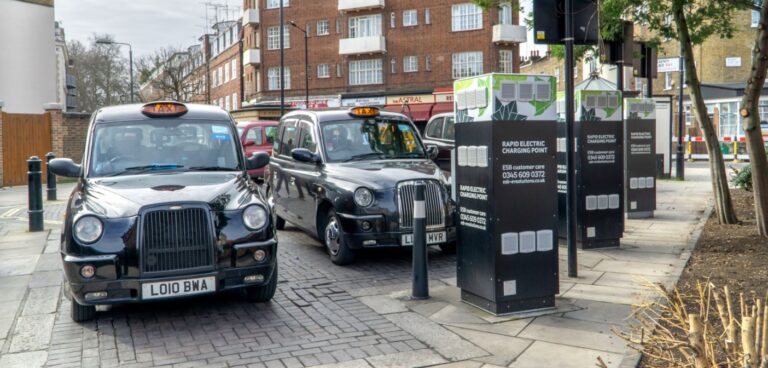The Department for Transport (DfT) has announced that new measures will be introduced to help protect passengers and crack down on unfit taxi and private hire vehicle (PHV) drivers, through tighter regulations applied across English councils.
These measures are intended to build on existing legislation, with councils in England now being mandated to use a national database to record instances where taxi and PHV drivers have their licences removed for misconduct.
The new law is intended to prevent those who have been banned from reapplying for a licence in other areas by alerting the system to concerns about their previous behaviour.
DfT hopes the move will instill improved passenger confidence in taxi and PHV usage.
Mark Harper, transport secretary, said: “The safety of passengers, especially women and girls, is paramount. That’s why I’m bringing in tough new measures to ensure that when you catch a cab, you can be confident your driver will take you from A to B safely and without incident.
“While the vast majority of drivers are hardworking and honest, we’re taking steps to remove the few who abuse their position and pose a risk to passengers.”
The step has been praised by the family of Sian O’Callaghan, who was murdered by a PHV driver in Swindon in 2011 at the age of 22. Since this event, the family has been campaigning for stricter regulations around PHV and taxi drivers.
Steve Wright MBE, chair of the Licensed Private Hire Car Association, said: “This measure will help join up enforcement and compliance nationally between licensing authorities to prevent the unacceptable movement from one authority to another of those who are unfit to be in the sector.”
The act, introduced last year, was advocated for by Darlington MP Peter Gibson and has been supported by Ms O’Callaghan’s family and the personal safety charity, Suzy Lamplugh Trust.
What’s more, the use of the database will be compulsory for every driver licence application and the DfT has said it will monitor its use closely, with councils that fail to do the necessary checks potentially facing legal action.





